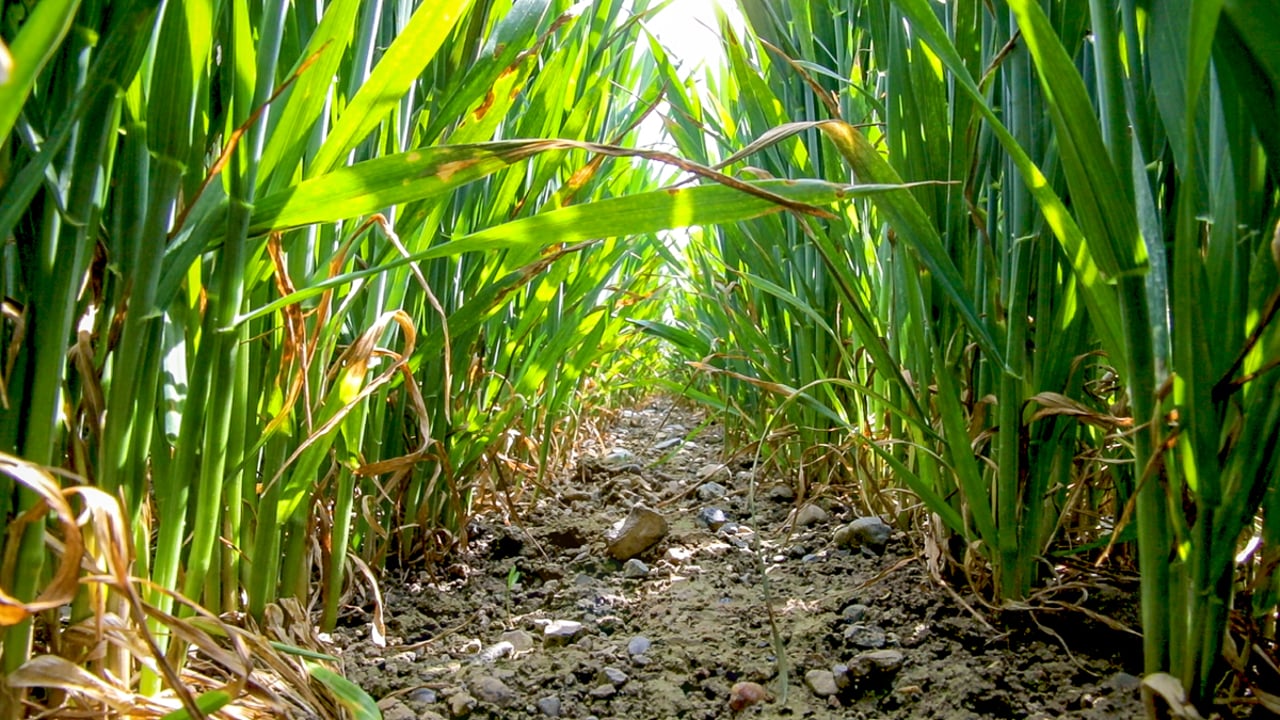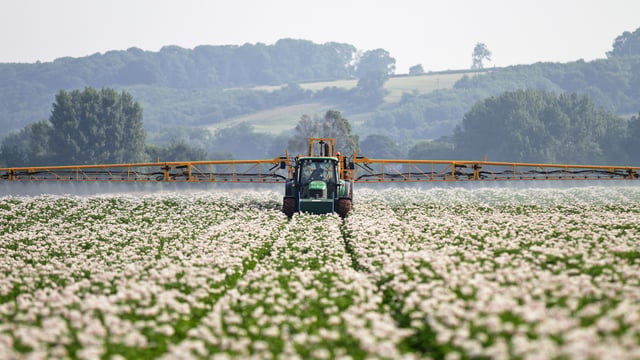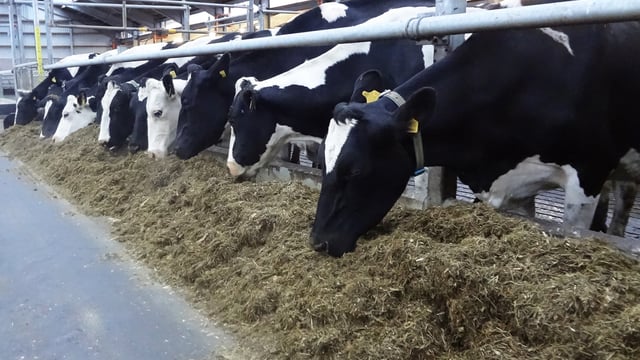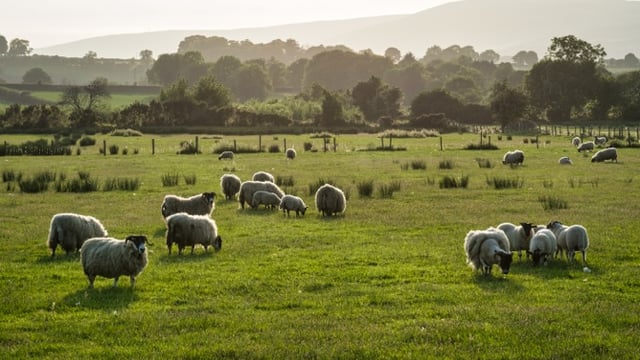Controlling plant diseases without chlorothalonil
From May 20, 2020, the use of chlorothalonil will no longer be permitted here in Ireland. Steven Kildea of Teagasc Oak Park outlined some of the challenges and solutions associated with the loss of the product at last week’s Teagasc National Tillage Conference.
The main diseases which will be affected by this are septoria in wheat, ramularia in barley and chocolate spot in winter beans, while resistance management strategies may also be compromised.
However, taking septoria as an example, while varietal resistance is improving, plants still need protection. Delaying planting can also reduce the instance of disease, but the costs and benefits need to be weighed up.
Steven also noted that fungicides demonstrate an ability to become resistant and chlorothalonil provided a back up when fighting disease.
Steven noted that the same factors affect ramularia in spring barley, but in different ways. He noted that resistance to ramularia does not appear to be available in “elite” varieties and commented that avoiding stress on the plant is important.
The box below outlines Steven’s plan to manage without chlorothalonil.
In conclusion, Steven stated that the loss of chlorothalonil will impact disease control, but the impacts can be minimised through varieties, agronomy and chemistry.
He also noted that the need for resistance management will continue and multi-sites are still required.






![[Updated] How are agri reps faring so far in General Election 2020?](https://www.agriland.ie/cdn-cgi/image/width=640,height=360,format=auto,fit=cover/https://cdn.agriland.ie/uploads/2019/08/B-ROLL.00_02_31_04.Still002.jpg)




